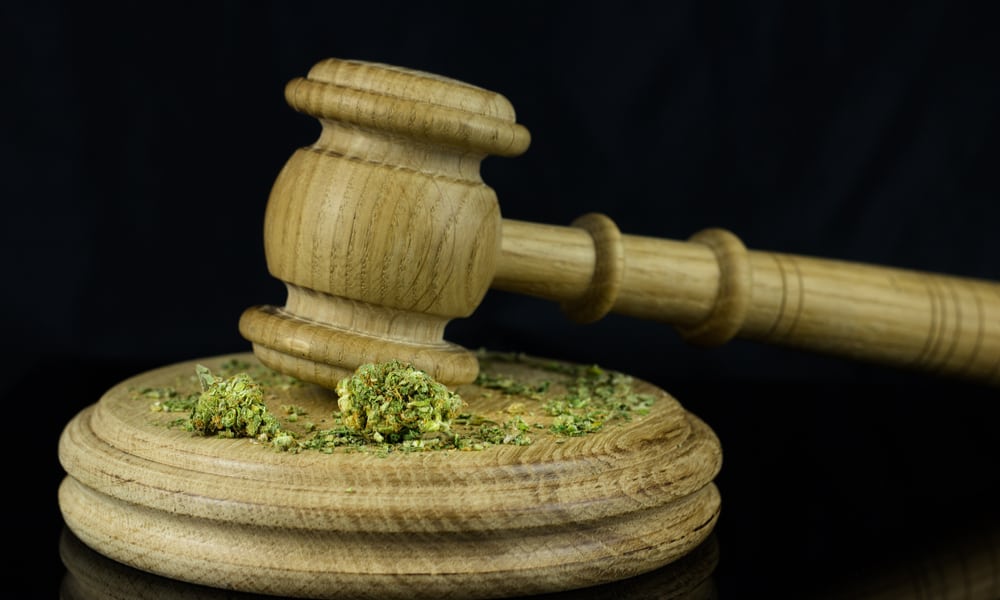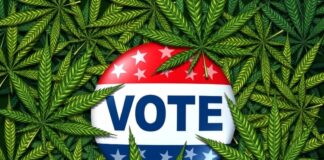
If you needed any more proof that law enforcement agencies across the United States are going in on cannabis decriminalization, how’s this? On Monday, Alabama’s Jefferson County — where more people live than any other county in the state — announced that it not be making arrests for nonviolent misdemeanors anymore.
A driving force appears to the county’s determination to spend less resources persecuting those with small-time marijuana charges.
“I think this is going to help a lot of people and get a lot of people back on track,” said county sheriff Mark Pettway, who ran for the position with a campaign promising that he’d cut back on marijuana arrests. “Those who want help will be able to get help,”
“People are always talking about criminal justice reform,” sheriff spokesperson Capt. David Aggee said while announcing the shift in policy. “Well this is more than talk, this is action. This is big.’”
The state has been in the news a lot recently regarding the steps that it’s been taking towards changing the way that cannabis is dealt with by the law enforcement system. Alabama legislature also has a bill in front of it that would cut back punishments for possession of less than two ounces of cannabis, taking jail time off the table for those charged with such an offense. Those caught with more than two ounces, under the proposed legislation, would be subject to a fine up to $250 for their first offense. The bill would also establish a retroactive justice system that would allow people who have racked up possession charges for small amounts of marijuana to get their records expunged.
Representative Mike Ball, a Republican, has also filed bill HB 243 in March, also called the Compassion, Access, Research and Expansion (CARE) Act. It would expand Alabama’s medical marijuana program to a list of three dozen qualifying medical conditions — in addition to establishing a commission to oversee the program and provide licenses for cultivation, distribution, and sale. HB 243 has as one of its co-sponsors Rep. Mac McCutcheon, speaker of the Alabama House.
The decriminalization deliberations may well be a response to publicly voiced concerns over the current system of cannabis law. The mayor of Tuscaloosa Walt Maddox suggested that tickets rather than jail time be the result of low level marijuana possession arrests. “We need to deal with this in a different pattern besides throwing somebody in jail,” he said at a city council event in December. His words seem to portend policy shifts int he future for the town.
The lightening in penalties for such crimes is made all the more urgent by recent data showing that Black Alabamans are arrested at four times higher rates than whites for cannabis possession. Blacks were also shown to be five times more like to incur marijuana-related felonies than whites.
Alabama is not the only Southern state making surprising moves towards overhauling its criminal justice system. Dallas District Attorney John Creuzot recently announced sweeping changes to the city’s overcrowded jail infrastructure, including the decision that the large Texan city would cease to prosecute first-time marijuana misdemeanor cases.











